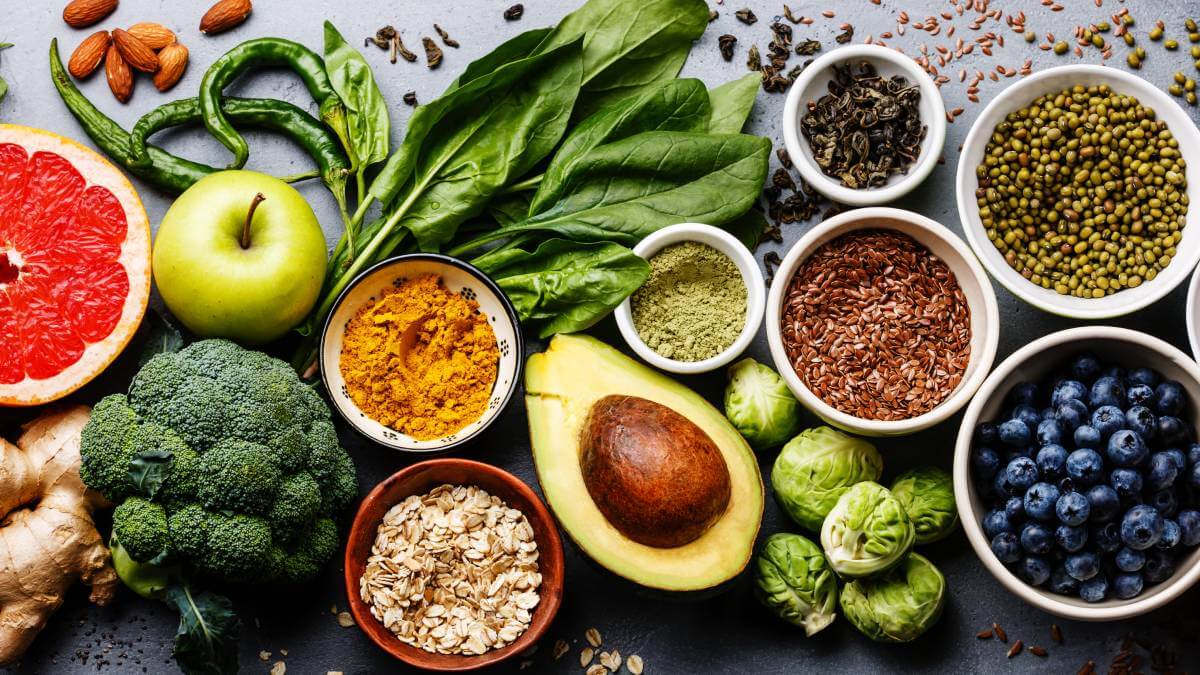Lee-Ann Lovegrove was diagnosed with melanoma when she was just 11 years old.
Now 47, the central Queensland woman says she is living proof that a positive mind and body may be able to help improve disease outcomes.
“We are not bulletproof as humans, we have to look after ourselves … and when it comes to cancer, prevention is better than cure,” she said.
“I’ve learned over the years that you need to be your own health advocate, always trust your intuition and seek support or a second opinion when needed.”
Ms Lovegrove said a doctor had initially told her as a child a mole on her shoulder was nothing to worry about.
“I eventually had it removed and it was a melanoma,” she said.
“At the time, melanoma skin cancer in general was seen as an old person’s disease.”
A few years later, doctors found more melanoma, which was followed by surgery and scans.
“When I was 16 I had a lump come up just above my collarbone and that turned out to be [stage three] secondary melanoma,” Ms Lovegrove, who has now had six melanomas, said.
“Looking back, being a child of the ’70s, obviously it’s lots of time at the beach and no sunscreen, no hats,” he said.
Katrina’s cervical cancer diagnosis was heartbreaking, but the cost of the regional mum’s care was ‘toxic’
Katrina Reed says her fight with cervical cancer exposes the hidden financial costs for patients and their families in Australia’s health system.
“A combination of those things has sent me down this path.”
The Yeppoon mum said she believed her lifestyle changes over the years had improved her chances of staying cancer-free.
“Firstly, I don’t drink alcohol. Secondly, start fuelling your body with good foods … your car can’t run on fast food and neither can you,” she said.
“And participate in things that bring you joy.
“For me it’s my husband and daughter, yoga, the beach, learning different complementary therapies and supporting others.”
Lowering the risk
Researchers are also looking at the role a healthy and active lifestyle can play in reducing cancer risk.
CQUniversity motivation, health and behaviours lab director Amanda Rebar said people needed to find what worked best for them when it came to motivation to change health behaviours.
“Taking the first step is easy. The day after that, it’s hard,” Professor Rebar said.
“A lot of scientific findings talk about habits and understanding how dynamic motivation works in people’s day-to-day lives going forward.”
Prof. Rebar was part of a research study that investigated how physical activity played a predominant role in health promotion and disease prevention.
“There’s a lot of evidence that suggests being physically active can reduce some of the cancers,” she said.
“The risk, though, is the more we tell people what they’re doing every day can lead to long-term [negative] outcomes, it’s a risk of bringing out emotions that can actually make us have poor mental health and actually stop us from living healthy like we want to.”
She said shame-based promotion didn’t work.
“But if we can talk about it in a more positive way, where we give them advice about how to make small changes that work in their lives, it’s a lot easier,” she said.
David Whiteman, who heads QIMR Berghofer’s Cancer Control Group, said he conducted research into cancers, and more recently in cancer control.
Professor Whiteman said he had pursued two parallel but complementary paths, focusing on discovering how environmental and genetic factors interacted to cause cancer and prevent or control the disease.
He said research showed one in three cancers could be prevented.
“We know that many cancers are caused by environmental factors,” he said.
Prof. Whiteman said things such as smoking, alcohol consumption, physical activity levels, diet and sun exposure could all contribute to cancers.
“We know how these factors significantly increase your risk of developing cancer and we also know how to lower that risk through lifestyle changes,” he said.
“Researchers have spent a lot of time trying to work out what it is in the environment and what genes regulate cancers and causes them to become more common in some people.”
Regular skin checks are also an important part of Ms Lovegrove’s lifestyle changes.
“I see a dermatologist twice a year and my GP twice a year due to my extensive history of melanoma,” she said.
“They are part of my life and without those regular skin checks I don’t think I would be here today.”
 © 2020 Australian Broadcasting Corporation. All rights reserved.
© 2020 Australian Broadcasting Corporation. All rights reserved.
ABC Content Disclaimer

